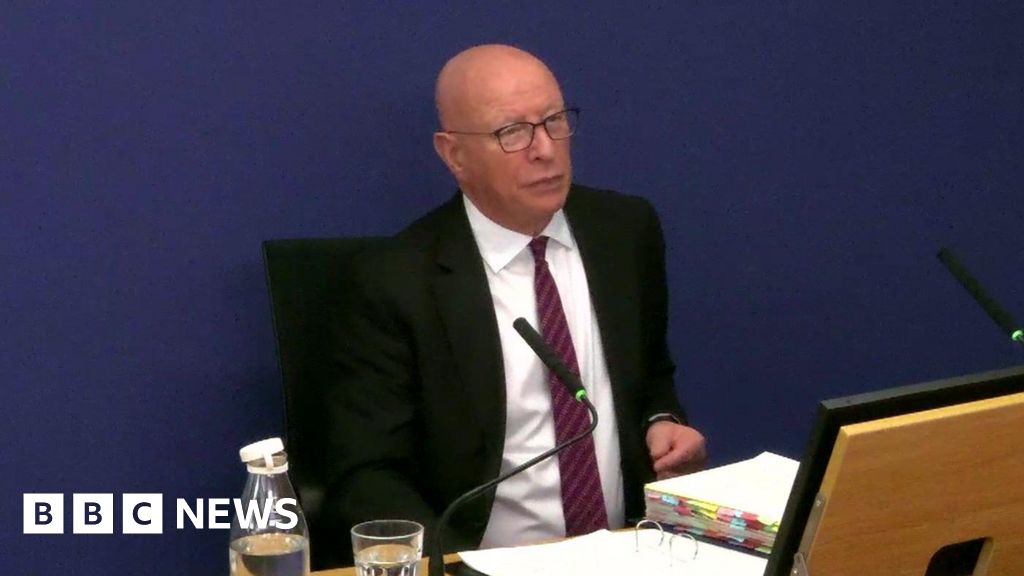“This is something I shall need to think about carefully. At this very early stage I am not unnaturally undecided,” he wrote. “For now it may be better for the Terms of Reference to remain silent about him.”
“Why did you consider it best for the terms of reference to remain silent on Mr Jenkins?” asked Jason Beer, counsel to the inquiry.
“My view was if the terms if I had yet not yet resolved to see him, that there was no point sticking it in the terms of reference,” Mr Altman said.
“Not meeting him would be turning a blind eye to a potentially useful source of information? That’s why you wouldn’t want to do it,” said Mr Beer.
Mr Altman responded: “If you’re suggesting that I’m turning a blind eye, I was not turning a blind eye to anything.”
Mr Beer also asked why Mr Altman didn’t advise the Post Office that it should investigate why Mr Jenkins had given evidence that was, according to Mr Clark, misleading and in breach of his duties to the court.
“Because I come back to what I had thought… that the advice I was giving was about the impact of that failure on the prosecutions and the convictions – and not the reasons why he had failed to do it,” said Mr Altman.
Mr Altman also admitted he did not ask whether Mr Jenkins had been properly instructed by the Post Office on his duties as an expert witness.
Mr Beer: “Did you consider making a report to attorney general?”
Mr Altman: “No.”
“Or the [Office of the Director of Public Prosecutions?]”
“No.”
“And I think you’ve said it didn’t cross your mind to advise to call in the police?”
“No.”
The inquiry saw evidence that Post Office lawyers were interested in hiring Mr Altman because of his political connections and because he “had the ear” of the Attorney General’s office.
Post Office lawyers Rod Williams and Gavin Matthews discussed on 25 July 2013 how Altman was a good candidate to review subpostmasters’ convictions because he was “clearly [very] alive to the political dimension”.
The inquiry continues.
Credit: Source link











